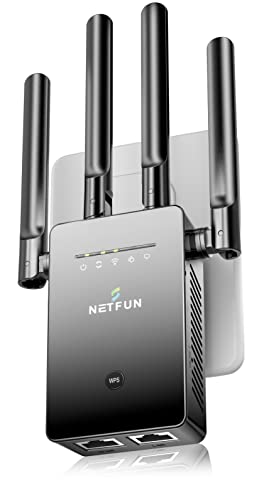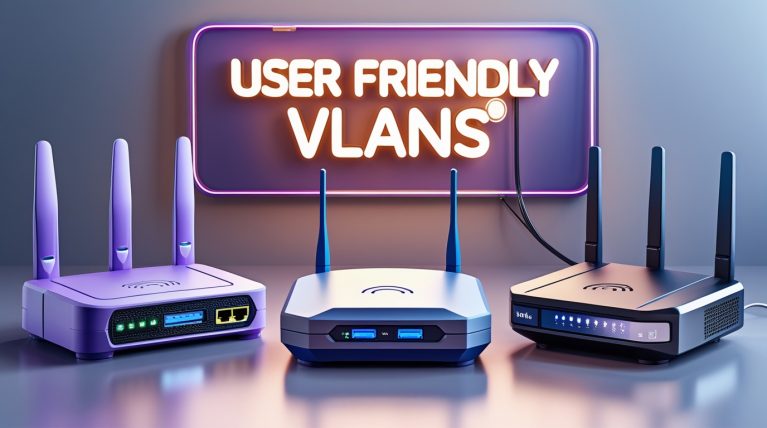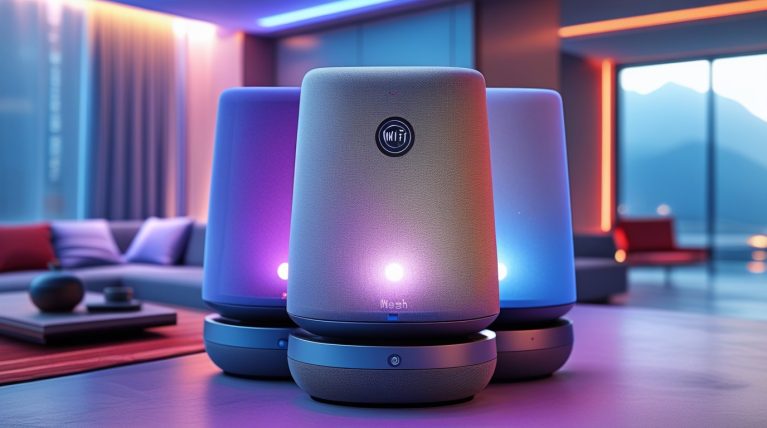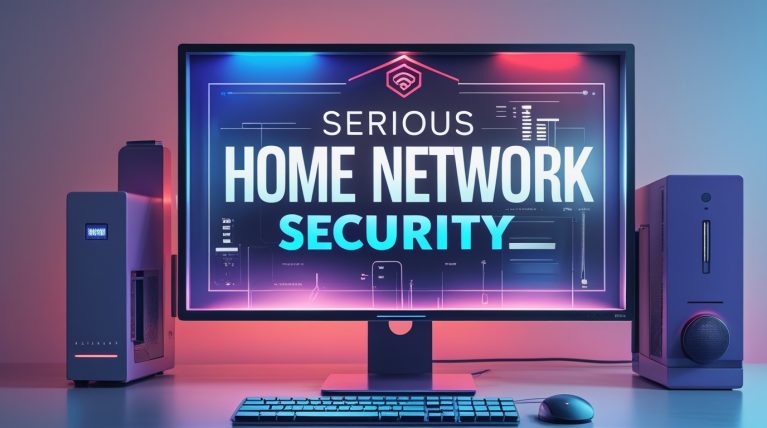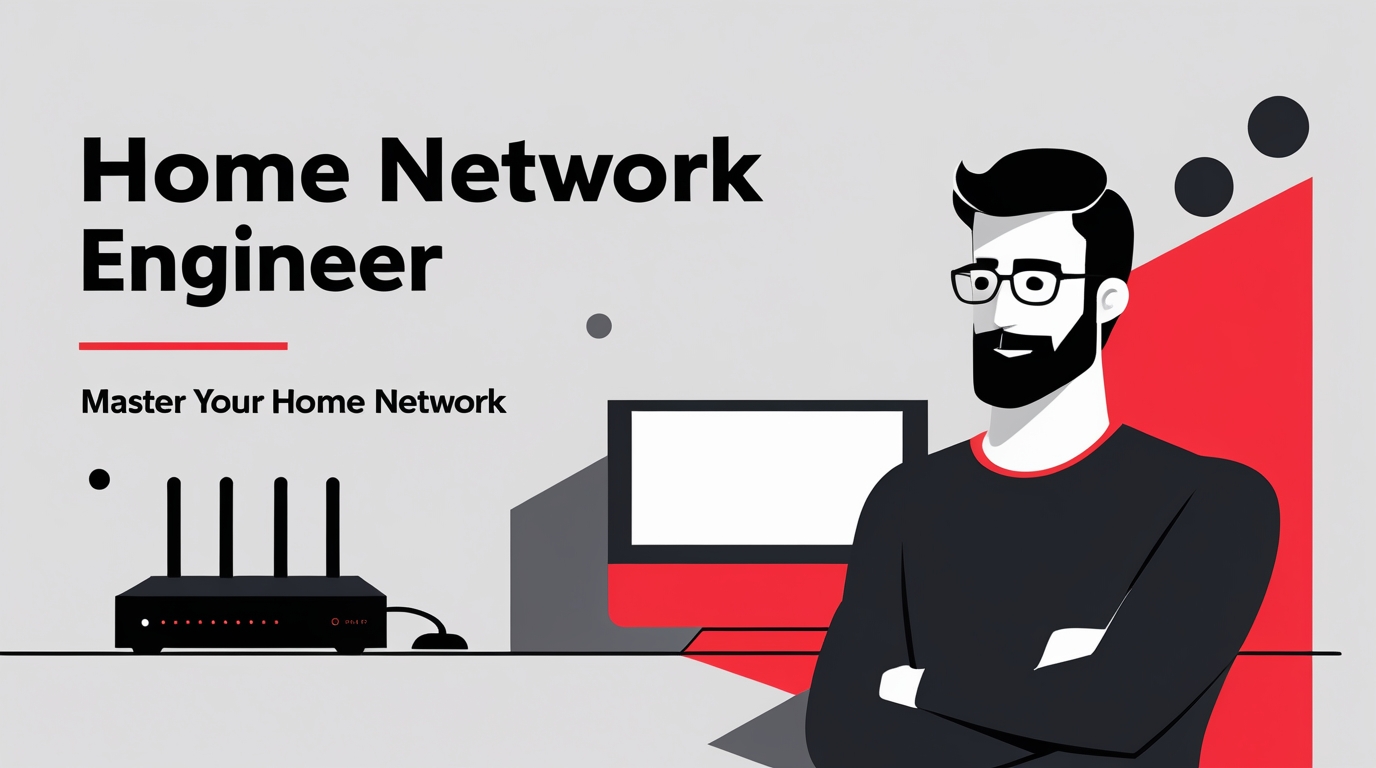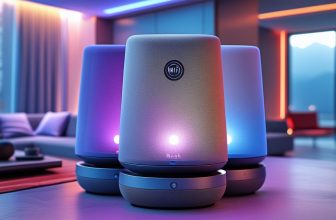WiFi Extenders vs Mesh WiFi: Which Boost Is Best?
These days WiFi isn’t a luxury—it’s the plumbing of your digital life. Your streaming, your smart home gadgets, your remote work Zooms—all of it depends on one thing: a strong, reliable signal.
But here’s the catch: not every house is a WiFi paradise. Dead zones and weak spots are lurking everywhere. That’s where your choices boil down to two fixes: range extenders or mesh systems. Both promise better coverage, but they work in totally different ways.
Let me break it down for you.
What’s a WiFi Extender?
Think of a range extender as a WiFi relay runner. It grabs the signal from your main router, gives it a boost, and then rebroadcasts it to reach further into your home.

Pros of WiFi Extenders:
- 💰 Budget-friendly: Most models are under $50.
- ⚡ Easy setup: Plug it in, push a button, connect—done.
- 🎯 Spot fix: Great for patching one or two stubborn dead zones without redoing your whole setup.
Cons of WiFi Extenders:
- 🐌 Speed tax: Your WiFi usually slows down a bit once it bounces through an extender.
- 🔀 Handoff headaches: Walking around the house can drop your connection because your phone doesn’t always switch smoothly between router and extender.
- 📶 Not a miracle cure: They extend coverage but don’t magically make your network faster.
What’s a Mesh WiFi System?
Bottom line: range extenders are like duct tape. They fix the immediate problem, but they’re not always pretty or perfect.
Now imagine your WiFi as a team of routers instead of just one quarterback. That’s mesh. You get a main hub plus “nodes” you scatter around your house. All those nodes talk to each other, creating one big seamless blanket of WiFi.
Pros of Mesh:
- 🏠 Whole-home coverage: Say goodbye to dead zones.
- 🚀 Faster & steadier: Multiple nodes share the load.
- 🧳 Seamless roaming: Walk around and your devices automatically stick to the strongest signal—no drops.
Cons of Mesh:
- 💸 Higher price: Starter kits usually run $150–$300+.
- 🛠️ More setup work: You’ll spend time figuring out the best node placement.
- ⚠️ Still one “brain”: If the main hub goes down, so does the whole team.
Mesh is like replacing your whole road system instead of just patching potholes. More expensive, yes—but also way smoother.
Coverage & Performance: Flashlight vs Sunshine
Here’s the big difference:
- Range Extenders = Flashlight. They shine WiFi into a specific dark corner. Good for spot fixes.
- Mesh Systems = Sunshine. Every room is evenly lit with strong, consistent coverage.
So, if you only need to light up the garage office, grab an extender. But if you want your whole house bathed in strong WiFi—mesh is the ticket.

Ease of Setup
- Extenders: Plug-in, quick fix. Think IKEA stool.
- Mesh: A little more work. Think building the whole IKEA entertainment center.
Both are doable, but mesh takes patience. The good news? Most mesh kits come with slick apps to walk you through it step by step.
Future-Proofing Your Setup
Here’s where WiFi 6 comes in (soon WiFi 7). It’s like upgrading from a minivan to a sports car. Faster, better with crowds, and built for the flood of smart devices we’re all adding. Many mesh kits (and some newer extenders) already support WiFi 6, which means you’re buying yourself a few years of peace.
WiFi Guy’s Take
Here’s the deal:
- If you’re in a small apartment or you’ve only got one or two “WiFi dead caves,” a range extender is a quick, cheap fix.
- If you’ve got a bigger home, multiple floors, or a growing army of smart gadgets, mesh is the smarter long-term play.
Personally? I see extenders as training wheels—great to start with, but once you’ve felt the smooth ride of mesh, you’ll never go back.
FAQs
1. Do extenders work with any router?
Yep. Doesn’t matter if your router’s fancy or basic—extenders are brand-agnostic.
2. Can I mix mesh brands?
Technically? Sometimes. Should you? Nope. Stick with one brand for sanity’s sake.
3. Do mesh systems slow down after a while?
Not if you keep firmware updated. What slows them down is too many gadgets or old tech hogging the network.
4. Can I add more mesh nodes later?
Absolutely—that’s the beauty of mesh. Start small, expand later.
5. Is mesh safe?
Yep. Most come with WPA3, auto updates, and built-in security. Just use strong passwords.
6. Can I switch from extender to mesh later?
Totally. Lots of people do. Just be ready to reconfigure your network when you upgrade.
7. Do extender and mesh placement matter?
BIG time. Extenders need to be in range of the main router and the dead zone. Mesh nodes need to be spaced evenly like stepping stones.
Final Word
At the end of the day, it’s not about which one’s “best”—it’s about what’s best for your house and your budget.
- Want cheap and fast? Extender.
- Want smooth, seamless, and future-proof? Mesh.
No matter what you pick, the goal is simple: kill dead zones, stop the lag, and keep the WiFi flowing.
🧠More WiFi Brainiac Tips
pcWRT PW-AX1800 Wi‑Fi 6 VPN Mesh Router — High Security at a Low Price
Routers With High-End Security And Easy VLAN Support
These Wi-Fi 7 Mesh Bullies Crush Dead Zones
Start Your Smart Home Off Right With These 3 Top Smart Hubs
Find Your Perfect VPN Wireless Router — Easy Picks
Serious Security For Your Home Network
Wi-Fi Extender Face-Off: TP-Link RE600X vs Netgear EAX15
NETGEAR Orbi WiFi 7 970 vs TP-Link Deco BE85: Wi-Fi 7 Showdown!
TP-Link Deco X55 vs Amazon eero 6: Head-to-Head Comparison
Home Network Engineer Course
✅ You’ll Be Able To:
- Fix Wi-Fi and device problems fast – Know what’s wrong and how to handle it
- Speed up your connection – Boost coverage, kill lag, and reduce dropouts
- Lock it down – Protect your network from freeloaders and shady devices
- Upgrade with confidence – Know what gear to get (and what to skip)
- Stop second-guessing yourself – Never be scared of a blinking router again

 Amazon.com
Amazon.com





